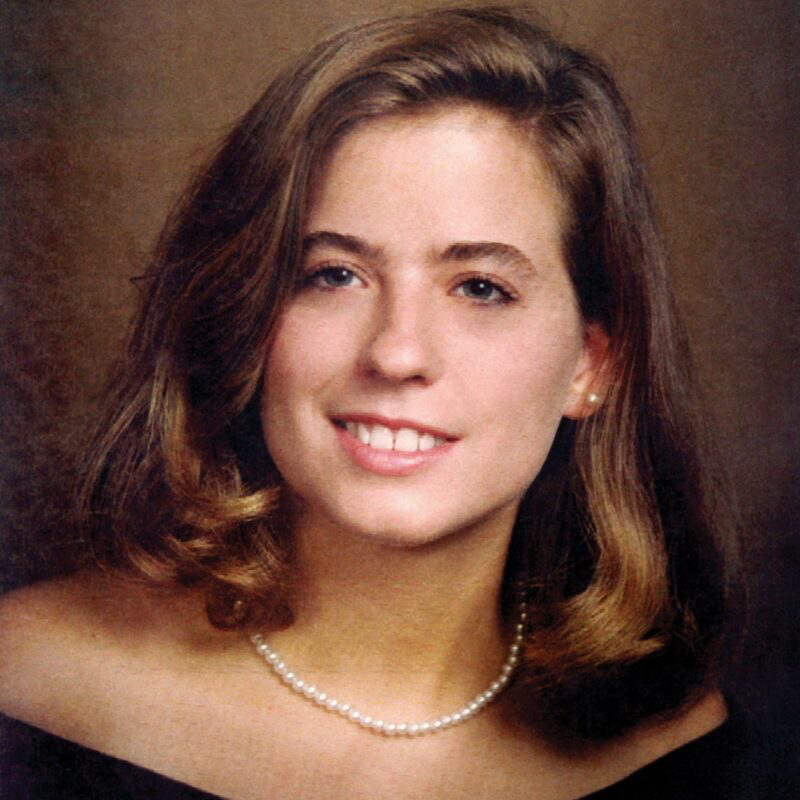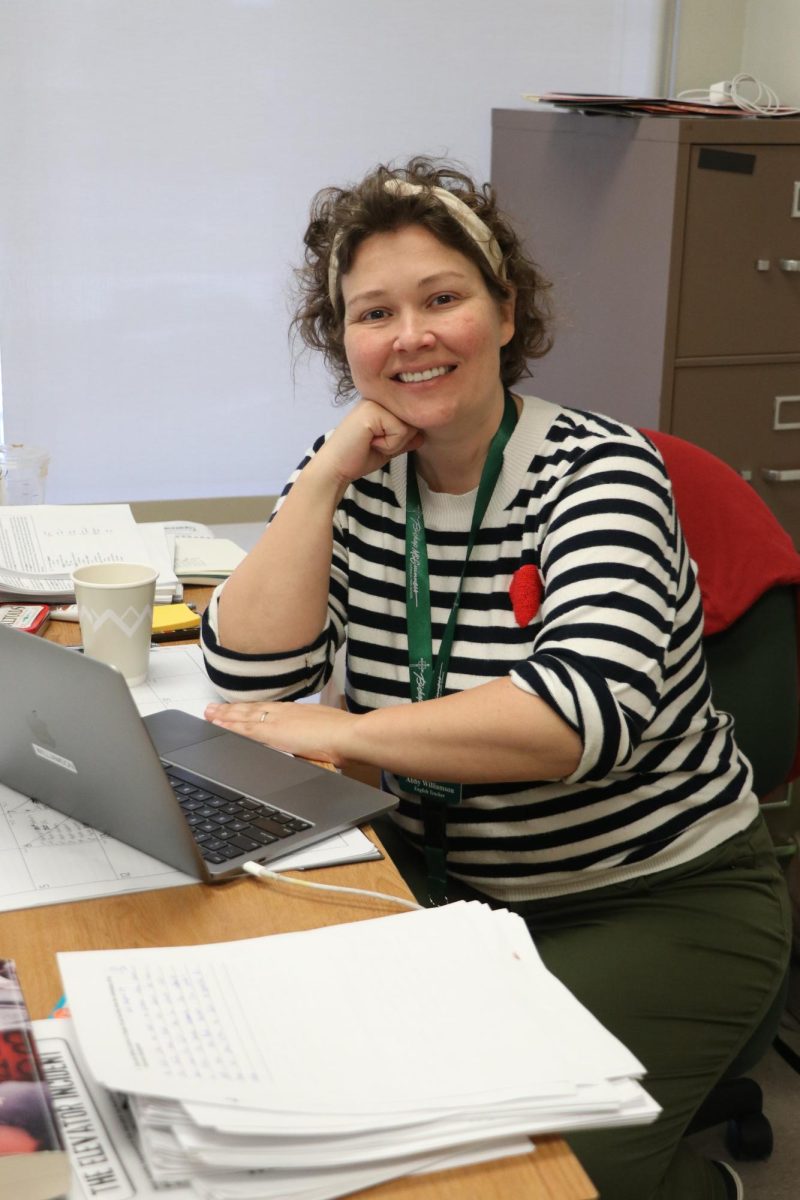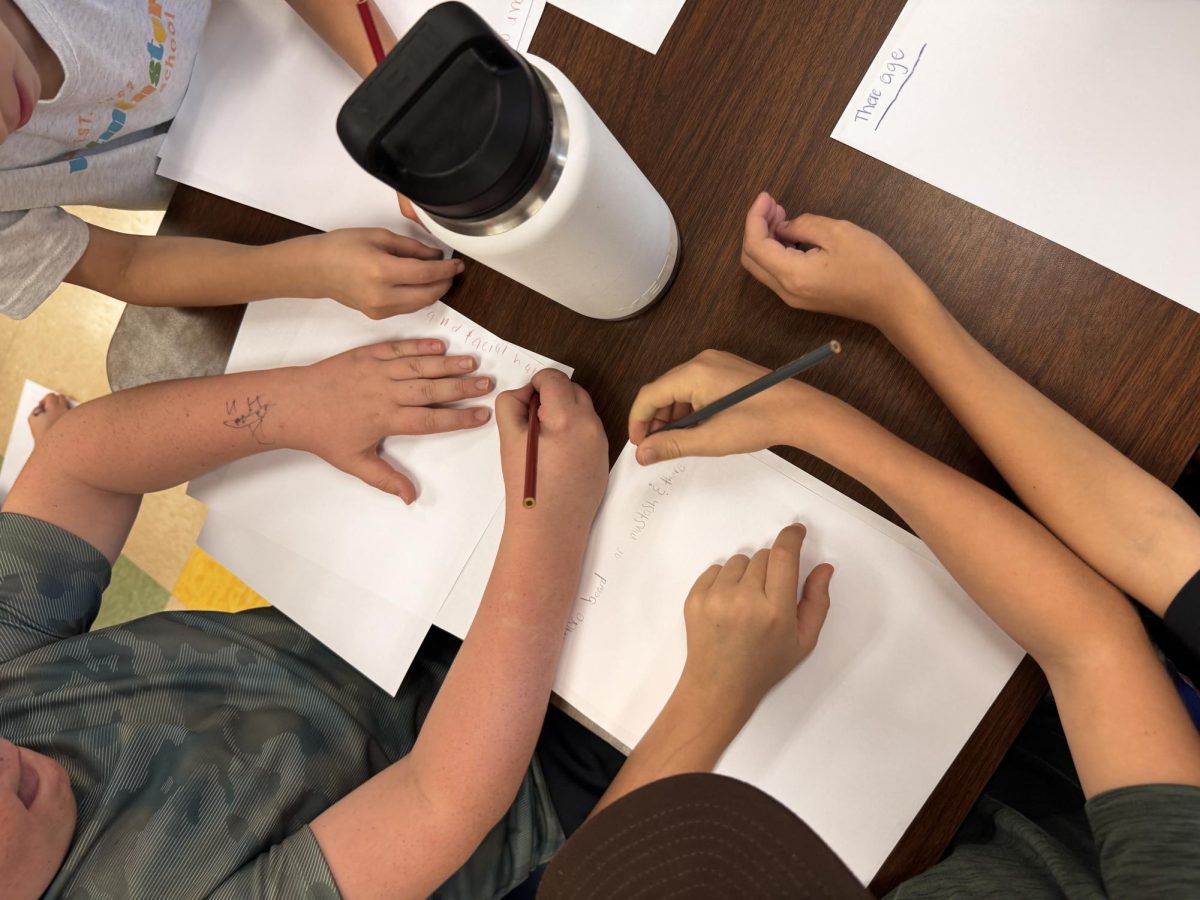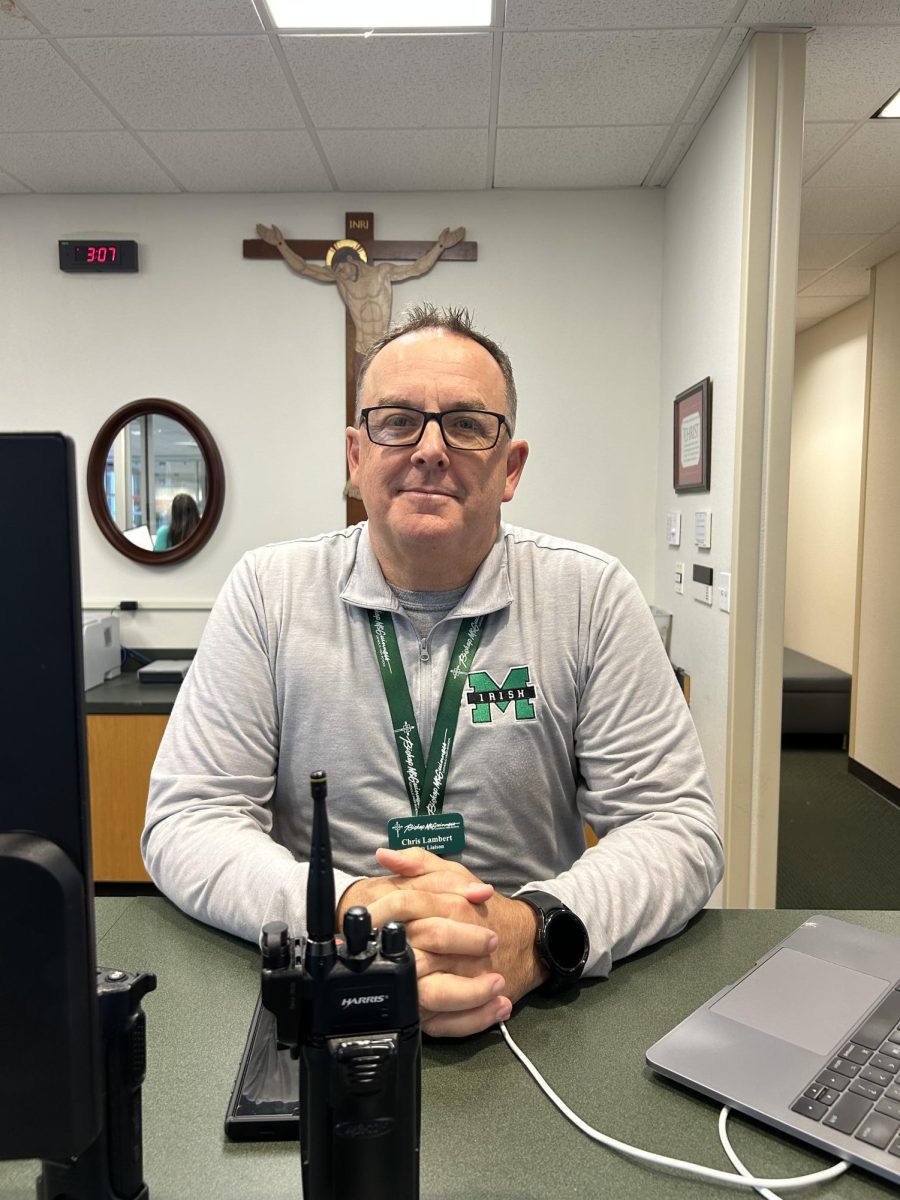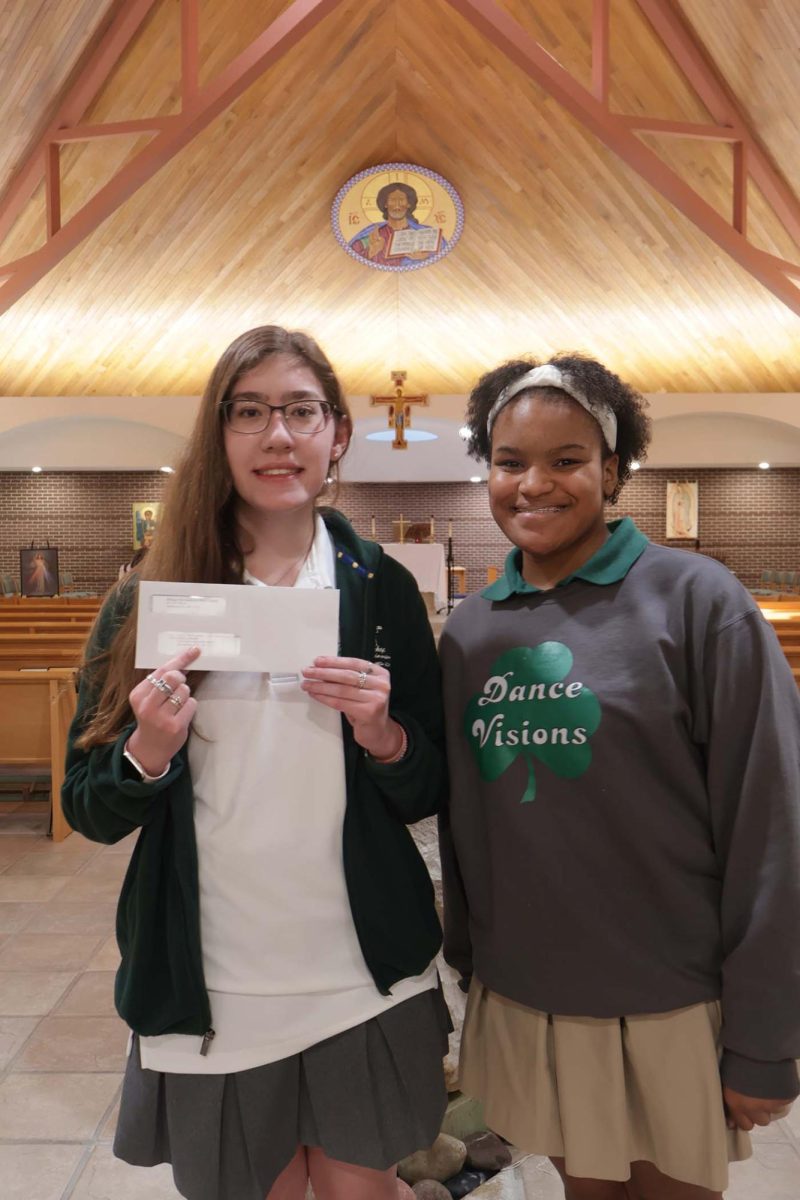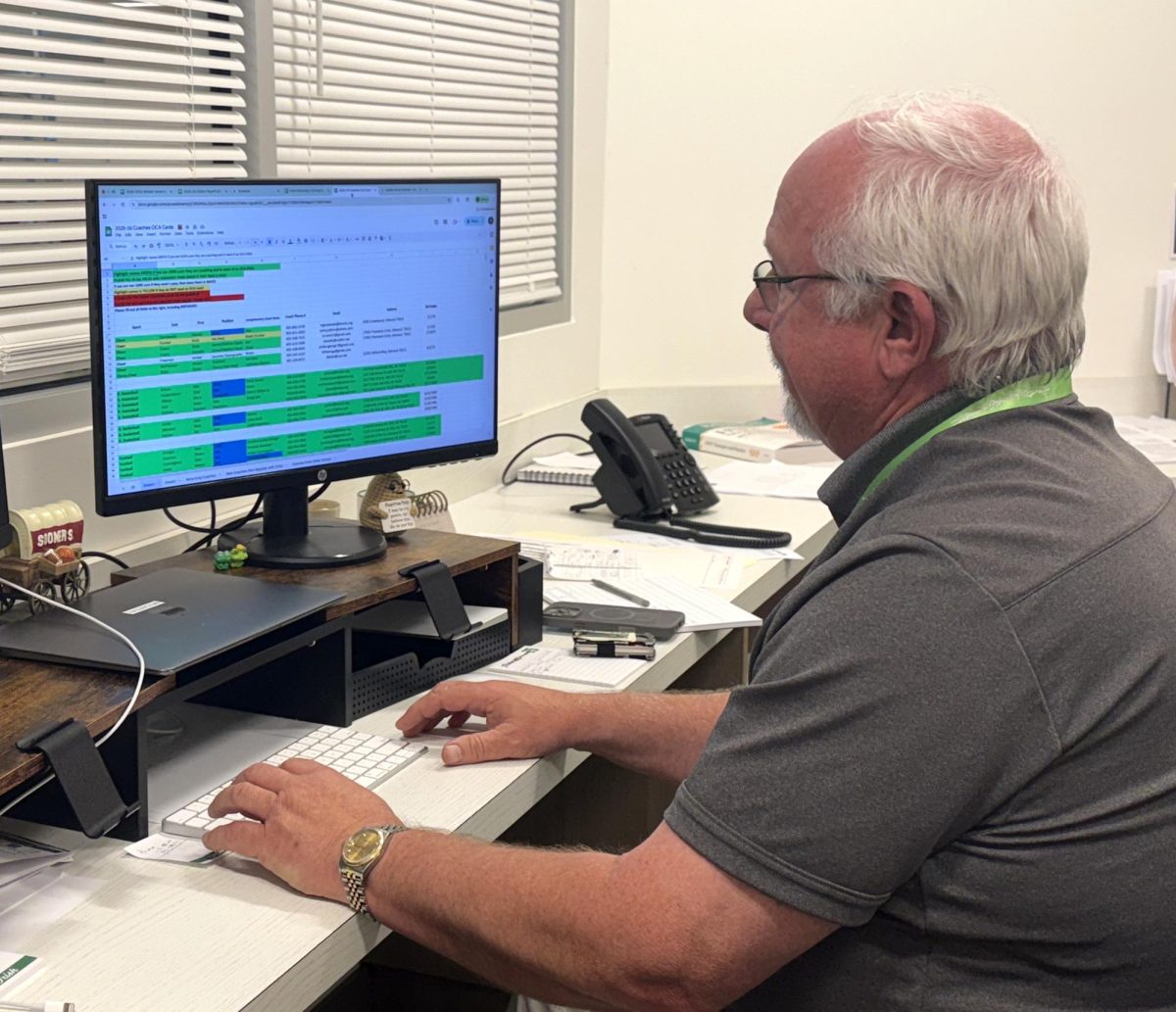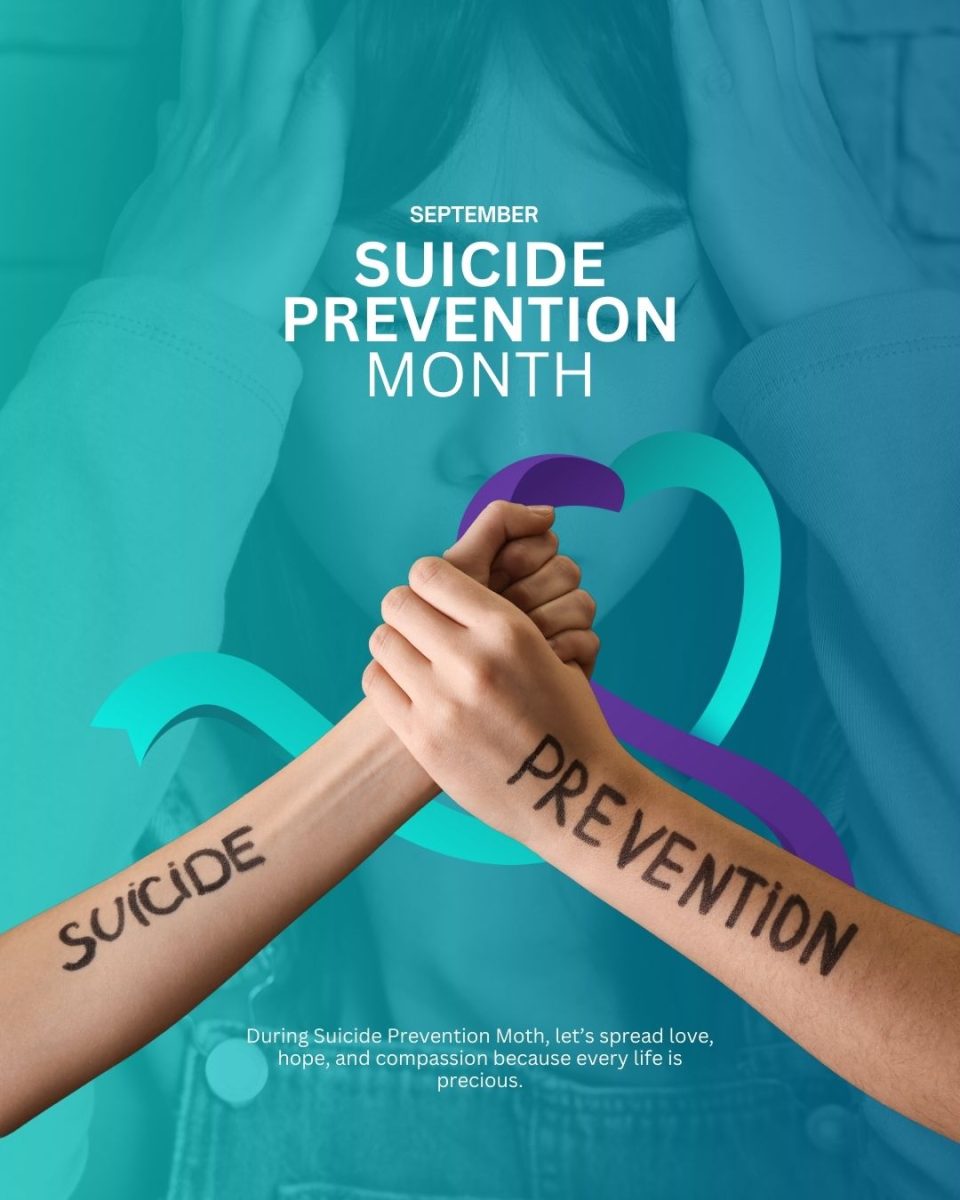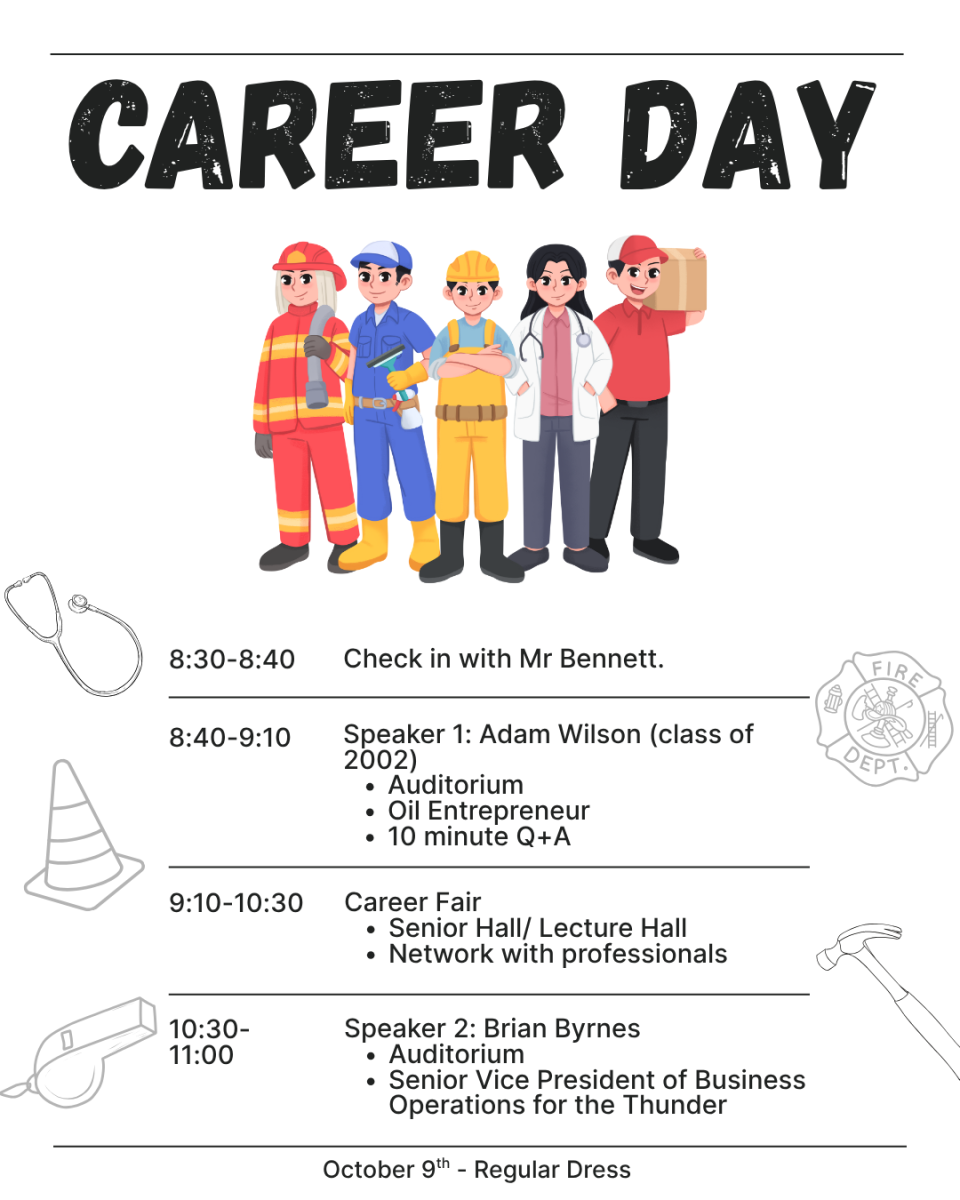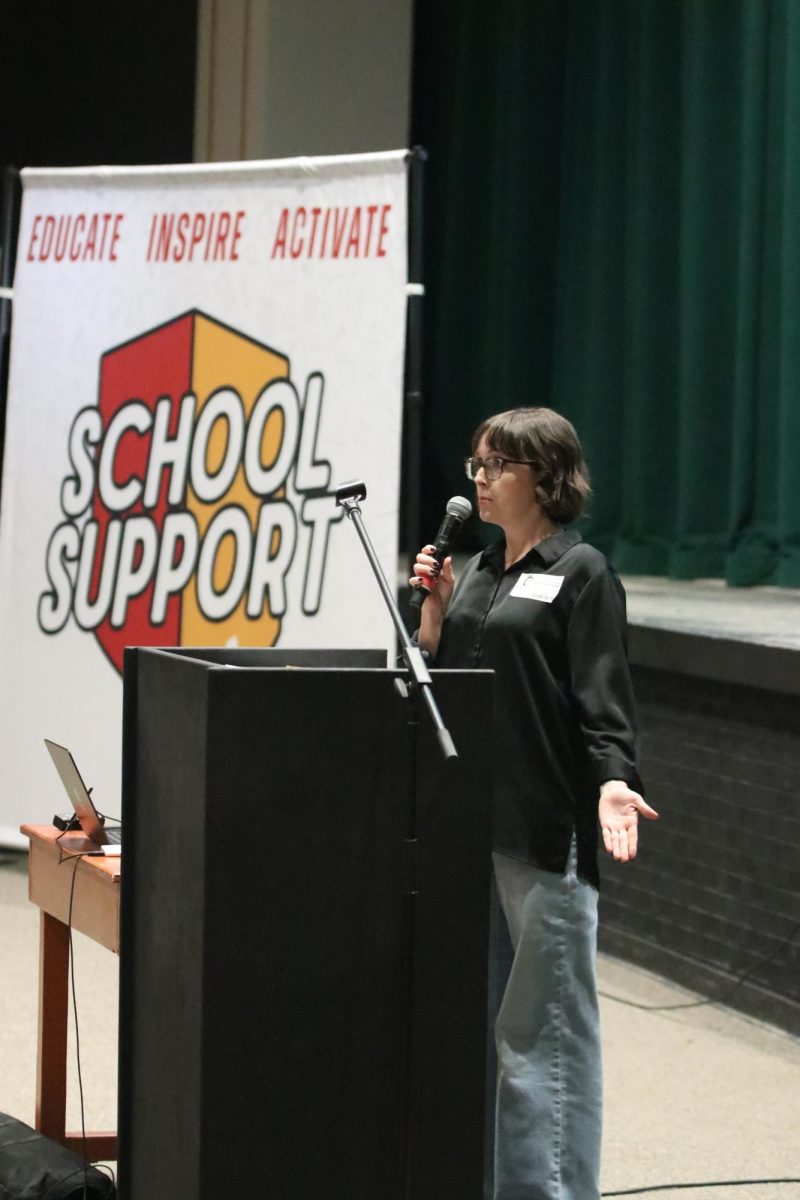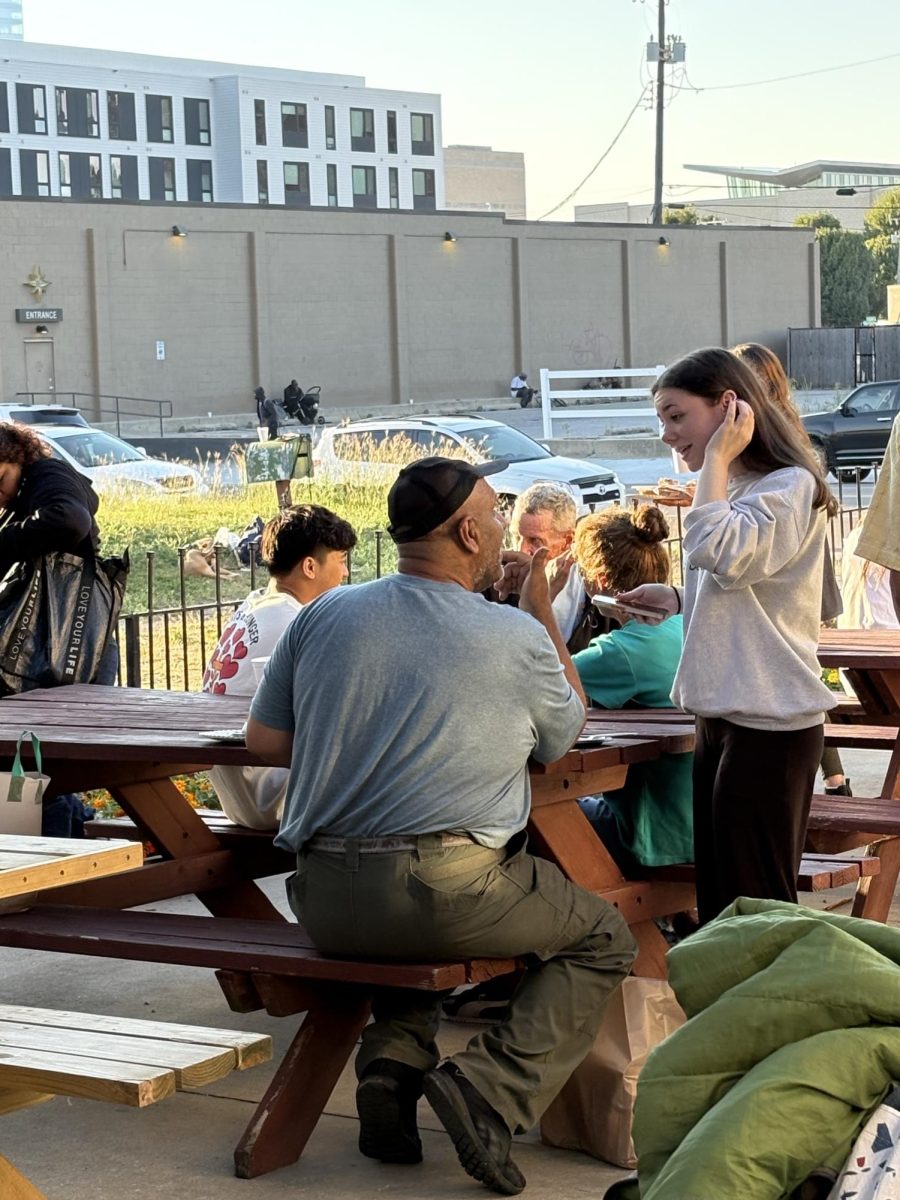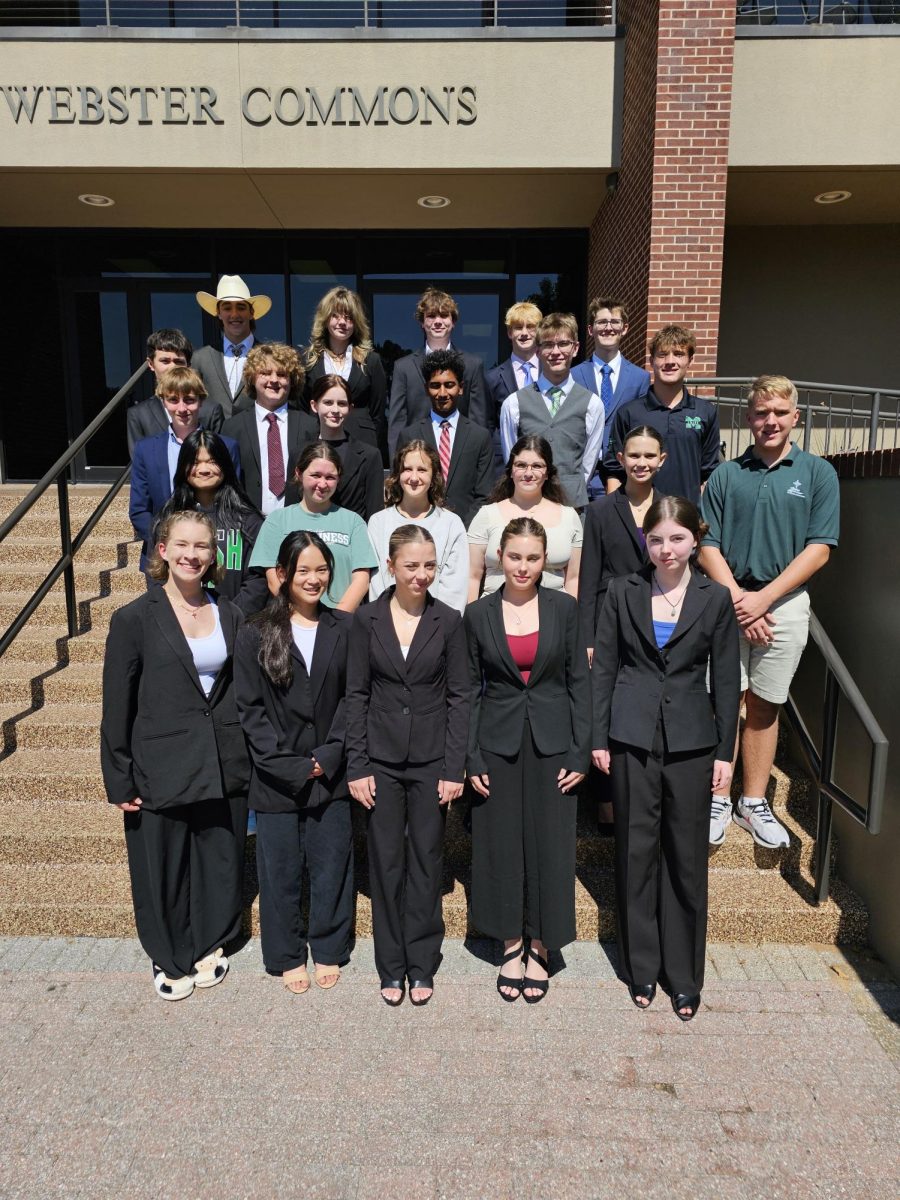The morning of April 19, 1995 is one that touched the lives of almost every person in Oklahoma. Whether it be a friend, neighbor or distant connection, most still remember and honor those who lost their lives or lost a loved one in the Alfred P. Murrah Building Bombing.
One such person was 23 year-old alumna Julie Marie Welch who worked as a Spanish interpreter for the Social Security Administration. Welch, a 1990 graduate, had a passion for language that translated into her occupation and her dream to become a Spanish teacher.
While Welch attended the school, former principal David Morton worked as her class’s counselor, guiding her in a decision to leave the school and study for a year in Spain.
“She said, ‘I want to hone in on my Spanish speaking skills. I want to be in a different culture,’” Morton said.
In making this decision, Welch was required to spend an extra year in high school missing the opportunity to graduate with her class.
“She had a tremendous experience in Spain, came back and finished strong, and then left,” Morton said.
Along with Spanish, Morton said Welch’s studies were her main drive, exemplified by her dedication to also learning French, Italian, Portuguese and German.
She was intelligent, very mature,” Morton said. “She was a little bit in high school like a fish out of water in that she was much more mature than high school kids, and so I think that’s part of that decision that she made.”
Like many others that day, Morton said he felt a motion like an earthquake and rushed to turn on the news.
“I didn’t truly understand the impact until probably about an hour or two afterward when her dad [Bud Welch] came to my office, and he just sat down, and they were taking all the bodies to the First Church that they’ve torn down now on 36th street, and he said ‘I know she’s gone,’ and so we just talked probably till after school,” Morton said.
During his talk with her father, the pair discussed Julie’s life, childhood and involvement at the school.
After the tragedy, Welch advocated heavily against the death penalty knowing that it is not what his daughter would’ve wanted and maintained that it was hypocritical considering his opposition to abortion.
“He was very, very, very adamant about that, and spoke publicly about it,” Morton said.
Later, Welch would go on to contribute to a book titled “Grace from the Rubble: Two Fathers’ Road to Reconciliation After the Oklahoma City Bombing,” by death penalty abolition activist Jeanne Bishop along with Bill McVeigh, the father of his daughter’s murderer.
Today, Morton said he still remembers Julie Welch’s distinct maturity and the light she brought to the school.
“For somebody that age to be that sure of themselves, that mature, that much, she put together a real vision for what she wanted to do,” Morton said. “It takes a lot of maturity, a lot of courage, a lot of vision for what you want.”
Every year, the school awards the Julie Welch Memorial Scholarship to honor her life and accomplishments. In addition, The Oklahoma City National Memorial and Museum honors each of those who were killed in the 168 days leading up to April 19, with Welch’s being April 8.


